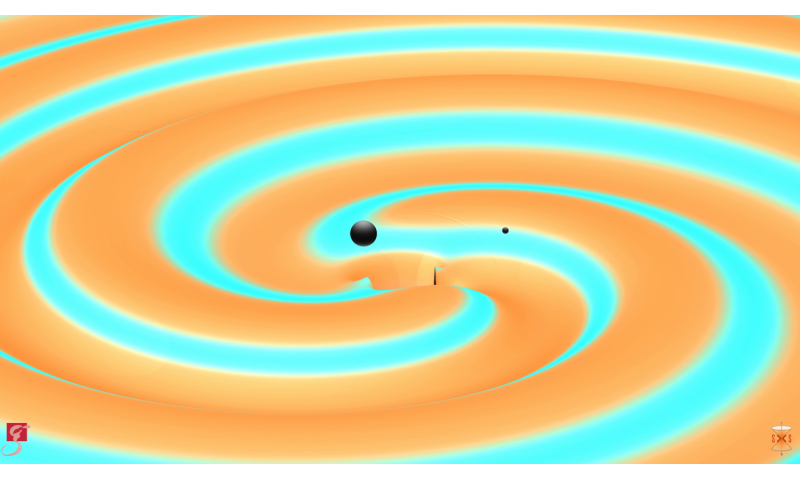Best of Last Week—More gravitational waves detected, an alien rock found and exercise found to improve memory retention

(Science X)—It was another good week for physics, as teams with the twin LIGO facilities in Louisiana and Washington reported that gravitational waves were detected from a second pair of colliding black holes, marking the second time that such waves have ever been recorded. Also, a team of researchers at Yale University found a way to amplify light using sound on a silicon chip—they describe it as type of waveguide that is able to precisely control the ways that light and sound waves interact.
It was also a pretty big week for space news, particularly in Sweden, where an alien rock was found in a quarry—research thus far suggests it struck our planet approximately 470 million years ago. A team working with the Green Bank Telescope in West Virginia reported observing chiral molecules in interstellar space—the complex molecules were found near the center of our Galaxy. And a team at Cornell working with the Fermi paradox predicted that it will be 1,500 years before aliens contact us. A pair of researchers, Alexander Tchekhovskoy and Omer Bromberg, offered an explanation regarding the mystery of magnetically powered jets produced by supermassive black holes.
In other news, a team of researchers at Kyoto University discovered that cats seem to grasp the laws of physics, such as cause and effect, and it helps them predict where prey will be hiding. Also, the International Agency for Research on Cancer, a United Nations agency, made worldwide headlines when it announced that very hot drinks 'probably' cause cancer. And a team at University College London developed a new equation that reveals how other people's fortune affects our happiness—it factors in things that happen to us along with our perceptions of how they might impact other people.
And finally if you are like a lot of people trying to balance a busy schedule, you might want to check out a study done by Guillén Fernández with the Radboud University Medical Center in the Netherlands—he and colleagues found that if you need to remember something, exercise four hours later. Physical exercise, they found, could be used to improve memory retention.
© 2016 Science X